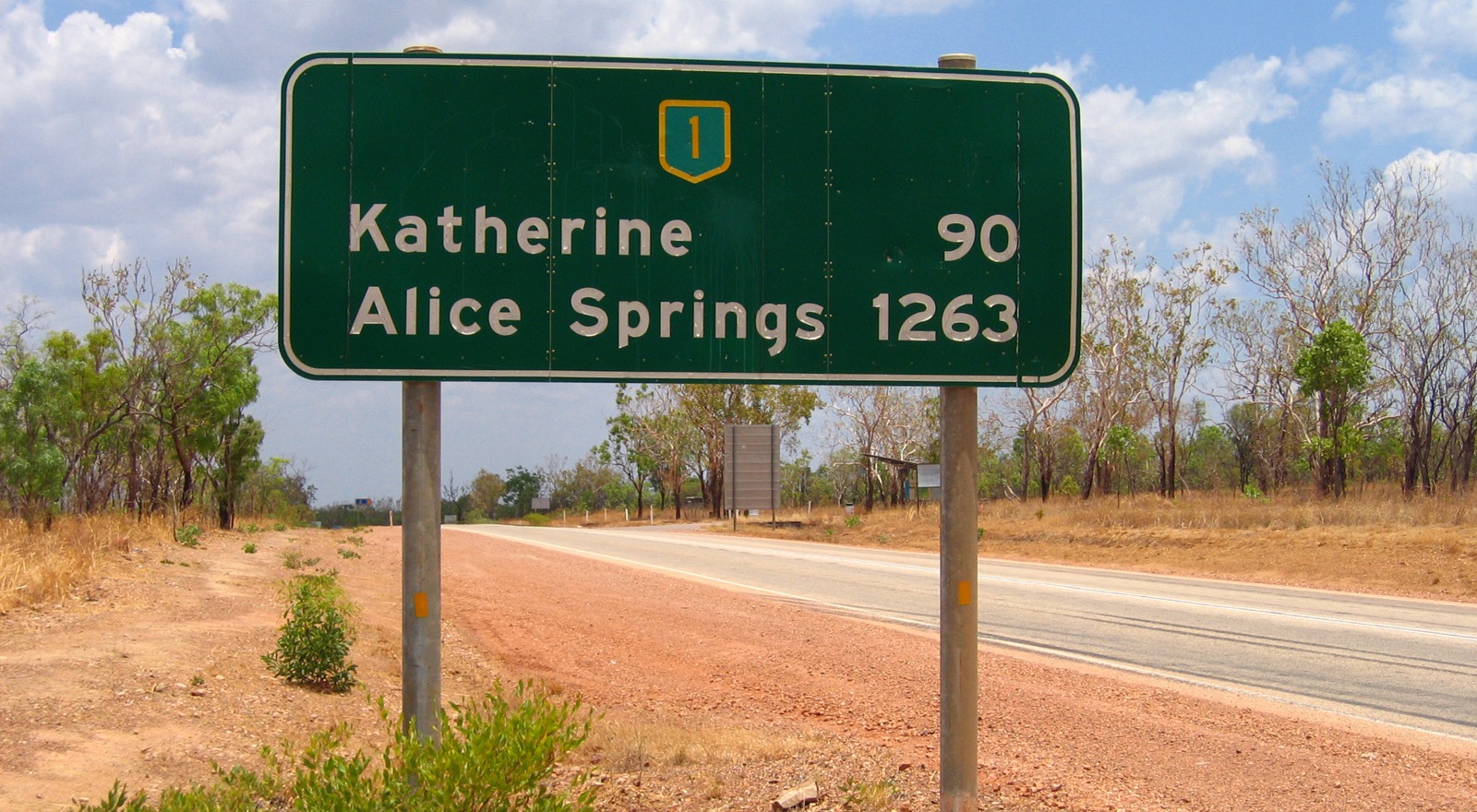Curriculum, manuals and technology will all be secondary when college-led training begins in the Top End.
Trainers will need to understand the cultural needs of local communities if the transition to college-led training is to be successful in the NT, the head of the Territory’s RTO says.
“It’s taken 20 years for us to really understand how to do this work in Northern Territory communities,” the NTGPE’s Dr Richard Zanner said, following a four-day tour of remote communities during which he hosted RACGP leaders.
“The curriculum, manuals and data – that’s all explicit knowledge or information that we can easily transfer to the colleges. But the real meat, the real essence, of course, lies in the tacit knowledge and that’s a very tricky thing to try and transfer to another organisation – but that’s where the value in our training lies.
“If the IT systems don’t work perfectly on day one or day two that would be a shame, but it wouldn’t be a tragedy.”
The tour came less than three months before Australia transitions to training led either by the RACGP or ACRRM, but Dr Zanner is optimistic about these goals being achieved.
“After flying around the Top End in and out of communities with [RACGP president-elect Dr Nicole Higgins and vice-president Dr Bruce Willett], I feel a lot more re-assured,” he said. “I’m convinced they recognise the importance of relationships and of that knowledge in the way we’ve gone about our work.”
The training transition will come just as the RACGP is undergoing a leadership transition of its own.
“There is a new CEO, board and executive leadership team so this is about changing the culture of how we do business,” Dr Higgins said, “and the Territory is a very different place. We talk about having a workforce shortage and burnout on the eastern seaboard, but it’s nothing compared to what’s happening here. And it’s not just GPs, it’s primary care workers overall. Some communities don’t even have GPs.”
Dr Higgins added that the college’s training work would be helped by its creation earlier this year of a new NT faculty, the first one to be developed from scratch in 11 years. NT GP Dr Sam Heard was appointed to lead the brand-new faculty in September.
According to Dr Zanner, while the challenge wasn’t unique to the NT, identifying the social determinants was especially important in the Territory.
“It’s very pronounced here,” he said. “A lot of what we’re treating is the social determinants of health care. There’s an Aboriginal precept that talks about a healthy community is a healthy individual so if you have a functional, strong community with strong social networks and a strong economy, then I think we alleviate a lot of the healthcare issues.
“Many GP visits are a direct function of a dysfunctional community and we can’t just keep calling for more doctors – as dire as the need is right now. We need to build strong communities and that’s where we need to engage with the elders, with the traditional owners, with the Aboriginal people in communities to form joint solutions.”
The tour took the doctors to Wurrumiyanga (the Tiwi Islands), Jabiru, Gunbalanya (Oenpelli), Galiwinku (Elcho Island), Nhulunbuy (Gove), Groote Eylandt and Maningrida.
They visited remote primary healthcare centres to meet with doctors and other health professionals, as well as traditional owners, Aboriginal elders and key local figures, and discussed their community healthcare needs and the transition to college-led GP training.
In each state and territory, some but not all of the local RTO’s current trainers will join the college teams.
“Some of our people are going across,” Dr Zanner said, “and that’s very important in keeping the wheels running. The Northern Territory is quite distinct from the other RTOs because we have a strong cultural education program and it’s absolutely crucial that work is continued.”






